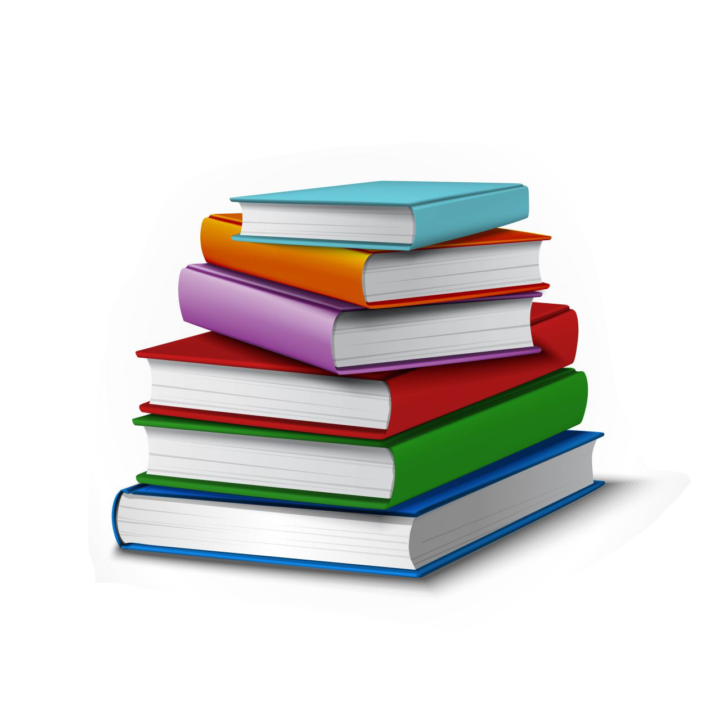By Hu Wo (Cuckoo’s Song)
By a linguistic nature, languages are constantly changing day by day. What I mean is that languages are forever altering more and more in spoken or written forms solely because languages are naturally in common. This even shows that language is arbitrary; as a result, we must have been using right only the standard form agreed upon by almost everyone with regard to languages as it is. Subsequently, there will be more in language learning rather than language acquisition. We can often see that language is living – for example, English is a living language. There are usually found new slangs, idioms, collocations, metaphors, terms, reformed usages, and outdated words to be arising in living-language expressions. Since a language is also not a subject, the language should not be learnt as a subject only. Of course, language learning ought to be more advanced than subject learning. Here, I would like to present comparisons between language learning and subject learning, physical needs for language learning, behavioural requirements for language learning, learning a language from different points of view, my English learning, and useful tips on language learning, as far as I know.
As was stated above, language learning is not all the same as subject learning. Subject learning may be done within limits, but language learning might never come to an end. For a subject is chiefly based on convergent facts and figures while a language has primarily relied upon diverse thoughts, feelings, and writings of different people. Only because of this does unlimited language learning need both continuous learning and life-long learning, yet subject learning may or may not call for these two types of learning; learning of subjects is mainly conditional upon a learner’s learning rate. And there is still another important point that I want to add. This is the problem of not only teachers instructing languages merely as a subject but also learners studying so, particularly for exams. When the language is considered simply a subject by them, learners’ linguistic achievement will become as ineffective and inefficient as teachers’ instructional methods of language. Then, language learners will even have had enough of studying languages, especially if language study hours are getting longer. Thus, all language teachers and learners had better try to dissociate languages from subjects.
Language learners have to keep physical needs for language learning at hand: dictionaries, reference books, encyclopedias, and internet resources. Whatever they are, those needs must undoubtedly be of the three characteristics, i.e., readily available, valid, and reliable. If dictionaries are categorized according to their description, there may be three sorts of dictionaries – monolingual dictionaries, multi-lingual dictionaries, and technical dictionaries. Every language learner should have bought and collected all those three kinds of dictionaries for use if possible. If so, they will find it quick and convenient to study a language with language-to-language learning or translation learning. Nevertheless, some language teachers occasionally advise learners to throw away their own dictionaries. That advice would not be appropriate for young learners of foreign languages but for native ones. Even editors and researchers have got to hold various dictionaries. A language learner who does not need to look up vocabulary in the dictionary must have got adequate listening and reading one way or another, for instance, by reading a wide variety of books or having lived in language-speaking countries for a long time. In order to avoid common mistakes in writing or subject matter and un-language expressions, language learners can accumulate heaps of reference books published from Oxford, Longman, Cambridge or whatever. Advanced learners of language look reasonably sceptical about several encyclopedias and internet resources sometimes.
To my way of thinking, there are five stages of behavioural requirements for successful language learning, which means experience, memorization, conceptualization, creativity, and productivity. Seeing a language as a subject, learners tend to know the language by heart and then recite it by the book without the above-mentioned stages, that is to say, rote learning. All their efforts in language learning will, consequently, have been in vain. The more experience learners have gained in language learning, the more accuracy and fluency they will be able to build up in that language. Great memorization, which is dependent on the brain, makes a learner’s mastery of language developed as soon as possible, committing a thesaurus to memory in particular. Right concepts on languages can be obtained from good teachers, excellent books, and even learners themselves. After a learner has studied any language pretty well, he must be able to give his creation and own products over this language as much as he can do for certain. If not so, it will be generally assumed that he is the very failure as a language learner.
Language learning can be done from three points of view _ literature, language, and linguistics _ so far as I am concerned. From the literary point of view, language learning is frequently based on its respective forms of writing, history, and criticism. Learning languages as a language, needless to say, is related to their four skills, namely listening, speaking, reading, and writing. By Oxford, linguistics is the scientific study of language or of particular languages. Phonetics and Semantics are the most popular branches of linguistics among language scholars. I got to know that interjection is virtually impossible to be a part of speech in language thanks to linguistics, for linguists advocate that even the only person does not always utter the same exclamation in similar situations in which he has to take action. In fact, the forms, history, criticism, skills, and branches of a language will be interlinking with one another, directly or indirectly. Nonetheless, most language learners would prefer to concentrate on one field of study in which this study might be too much for them from time to time.
My prolonged learning journey of English is still going on towards the end of my life. Owing to its final consonant sounds, I have been interested myself in English since I was at school. At first, I learned the meaning of English words by rote, together with their spelling, pronunciation, and parts of speech. However, I could not grasp vocabulary usage in English except that I had read English textbooks out over and over again. Frankly enough, I was never satisfied with my English throughout my student life of mine. In spite of this, I think that I showed more curiosity about English in my high school student life on two teachers’ accounts. The first one was U Khin Maung Win who taught me a love of English with an enjoyable language learning environment. The second one was U Hla Kyi who also influenced me like an encyclopedia of English. Fortunately for me then, I had the opportunity to learn English from Saya Thet Zaw (Meiktila), who was a great critic of English grammar as well as being an authority on English, during my life as a university student. Just because of him, I felt as if I had made a U-turn on my road to learning English. He gave chapters and verses about common and current mistakes in English writing. He recommended making essential use of an English-to-English dictionary, giving up a word-for-word translation in language, and studying English at the rate of one hour a day for six months on end as well, if anyone wishes to be a success as an English learner.
Finally, I shall, to my knowledge, leave a few handy tips on language learning here. The most fundamental units of a language are not single words or phrases— these are just sentences. That is why sentence-based learning must be carried out on languages through mass reading material. Contextualized meaning, which ought to be well conducted in the reading matter where necessary, should promote language learners’ guessing ability to absorb the sense of words, not bluffing. In addition, learners can do sentence reading in clusters or chunks such as phrasal verbs, idiomatic expressions, and dialect words. And personally speaking, I do not like to study all the language skills at the same time as the majority of language learners do. Certainly, listening skill acts directly on speaking skill and reading skill on writing skill. It can be seen repeatedly that some language learners have a desire to be able to speak without having listened to enough and others to write without enough reading. That is quite wrong. Actually, listening goes before speaking, and writing comes after reading. Therefore, if someone wants to speak, learn to listen first; if he wants to write, learn to read first. As a language learner, a long journey to language learning will never be at an end indeed.














